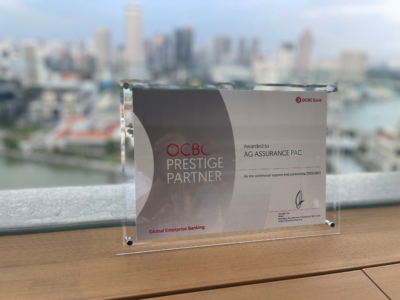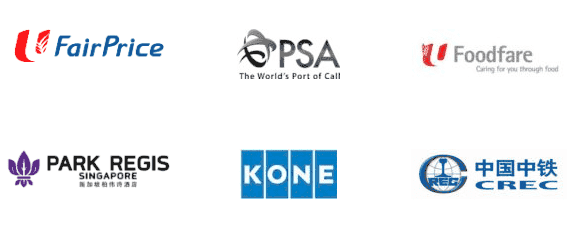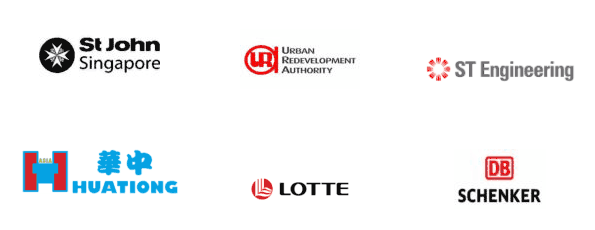Amazon, Shopee, and Lazada are giants in an industry that has generated USD$4.2 trillion in e-commerce sales in 2021. If it was not already obvious before, this statistic has clearly cemented e-commerce as the new way to do business today. This change has been further helped by the COVID-19 pandemic, as many consumers prefer to shop from the comfort and safety of their own homes.
However, despite the industry’s emerging popularity, there is no denying the challenges many e-commerce entrepreneurs faced when they first started their businesses. From ensuring seamless day-to-day operations to planning out their companies’ marketing and accounting, there are many things one needs to consider when starting an e-commerce business.
Accounting, in particular, is an area where every e-commerce business owner needs to prioritise. While it is common to find accounting a burdensome task at times, it is a necessary part of the business, as it can help you identify profits and ensure long-term growth. Let us share five basic accounting tips you need to know to help you level up your business’s finances.
1. Keep track of your cash flows
The purpose of any company – let alone an e-commerce business – is to make money. And to accomplish that, you need to have an accurate picture of your company’s financial situation, especially its cash flow. Without this information, you will face an uphill challenge to improve your business.
You will need to track every cash that comes in and out of your business. However, it is vital to remember that managing your cash flow does not merely involve tallying up your expenses and revenue. You need to go more in-depth and keep track of your accounts to access your company’s liquidity levels. This will give you a clearer idea of how your payment cycle works and allow you to come up with long-term growth plans for your business.
2. Consider your cost of goods sold
Surprisingly, many business owners do not include labour costs and rent as part of their expenses. This might cause potential problems in their accounting books, as they are a cost of operations entrepreneurs incur to generate revenue – otherwise known as cost of goods sold (COGS). If these expenses are not properly recorded, you might discover discrepancies peppered throughout your company’s finances.
Therefore, it is crucial for you to understand what goes into each COGS line item, how to keep the finances in check, and how to lower your costs so you can increase your profit margins. Every expense should be detailed meticulously to reflect an accurate total amount, which will, in turn, make your gross and net profit calculation a breeze.
3. Efficiently manage your inventory
Inventory management may seem like a logistic issue, but it also plays an integral part in accounting. It is crucial for you to keep track of your stocked goods to minimise the costs of holding inventory and stay updated on when you are running out of stock or holding more inventory than you need.
If you want your e-commerce business to run smoothly, you need to adopt good inventory management practices. This includes recording the amount of inventory you have at any given time. When you are constantly updated on your inventory, you can manage your business operations more efficiently, especially when your online store expands and new measures and practices are required.
4. Develop a bookkeeping system
Many people assume that bookkeeping is the same as accounting. However, this is a misconception. While bookkeeping and accounting always go hand in hand, they are two different terms. Bookkeeping essentially involves collecting and collating your financial data, while accounting is all about interpreting that data.
As part and parcel of running an e-commerce business, it is essential to develop a comprehensive and organised bookkeeping system to grow your online business. However, bookkeeping can be an arduous process for those who do not possess an accounting background. If you find yourself in a similar situation, it is best to consider outsourcing your bookkeeping needs to a specialised accounting firm.
At Ackenting Group, we understand that entrepreneurs have a lot on their plate looking after their business’ daily operations. Therefore, we provide fast and reliable accounting and bookkeeping services to meet your every business need. With the help of our seasoned accountants, you can expect timely and accurate updates to your company’s financial performance.
5. Keep your personal and business accounts separate
An e-commerce business is generally a lean operation. In fact, it is not a surprise if the owner is the only one handling every aspect of the company. In light of this, they might not foresee the need to have separate banking accounts for their personal and business finances.
However, having more than one banking account is the sensible thing to do when running a business. While opening a new banking account might seem like a hassle, you will be grateful for this decision when tax season arrives. Additionally, the separation will make running your business more effortless, as your personal finances are clearly distinguished from your business finances.
Conclusion
Running an e-commerce business is no easy feat and trying to expand this business represents a new level of challenge. However, by adopting these accounting tips that we have shared, you can find yourself one step closer to achieving long-term success for your online business.
If you require any assistance on accounting services, feel free to drop us an email at johnwoo@ag-singapore.com or contact us at +65-66358767. At Ackenting Group, we offer a complimentary 30 minutes online consultation for us to better understand your business requirements.














